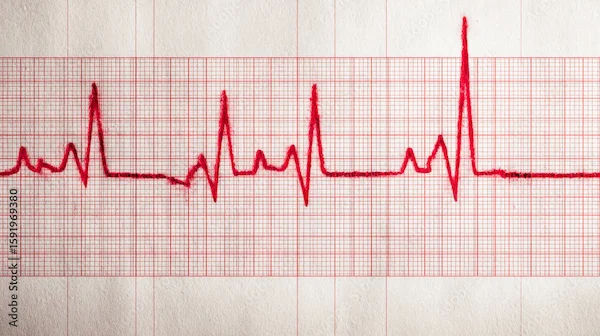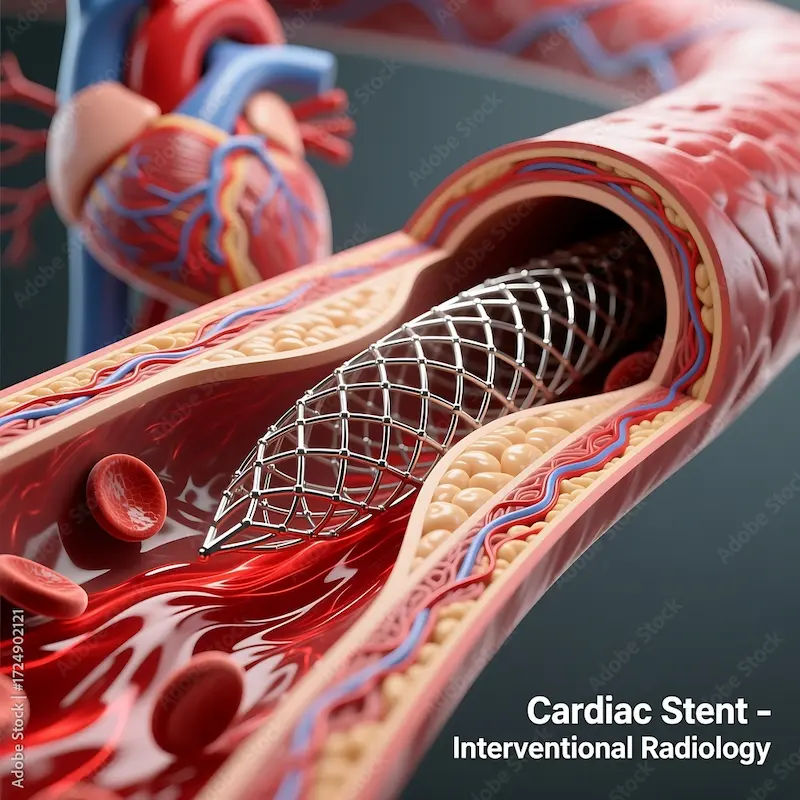- Male
- 28 Years
- 07/02/2025
I read that if you often have a difference of 10 to 15 mm Hg in your systolic blood pressure between your arms, it might indicate issues like vascular disease or blocked arteries. Is this actually true? Should I be worried about peripheral artery disease if my readings are consistently different?
Answered by 1 Apollo Doctors
Yes, it is true that a large difference in blood pressure measurement between your arms may indicate a health problem such as blocked arteries in your arms (peripheral artery disease). It is important to monitor and address any significant differences in blood pressure readings between your arms to prevent potential vascular disease complications.
Dr. Kareemulla Suggests...
Consult a Cardiologist
Answered 04/07/2025
0
0

More Cardiology Health Queries
View allI'm a bit worried because I did a routine ECG and it mentioned Normal Sinus Rhythm with a Right Bundle Branch Block and labeled it as an abnormal ECG. What does that mean? Should I be concerned about the Right Bundle Branch Block? Is it something serious?
I can explain what these findings mean. A Normal Sinus Rhythm means your heart's basic electrical pattern is normal, with impulses starting in the right place (the sinus node). Right Bundle Branch Block (RBBB) is a fairly common condition where there's a delay in the electrical signal as it travels to the right side of your heart. While the ECG is marked as "abnormal" due to the RBBB, this finding can be completely benign in many people, especially if you have no symptoms. However, since I can't see your actual ECG and don't know your medical history, it would be best to discuss these results with your healthcare provider. They can properly interpret the findings in the context of your overall health.
Answered by 1 Apollo Doctors
I've been on Nebicard 5 mg for about three years and I'm also taking Ciplar, Serta, and Etizola for anxiety and panic attacks as my psychiatrist prescribed. I have mild MVP and I'm really concerned about whether taking Nebicard and Ciplar together might cause any problems. Plus, I'm experiencing random episodes of excessive sweating. Could this be linked to my MVP or is it just part of my anxiety? I'm worried and would appreciate any insight you might have.
normal.
Answered by 1 Apollo Doctors
I stood up quickly and felt a sharp pain in my chest for just a second, and then a few seconds after that, I got chest pain that lasted for about 5 minutes. Could this be something to do with my heart?
Thats unusual no need to worry take rest and avoid such sudden changes in posture,if its happening more frequently visit Physician for evaluation and apporpiate management
Answered by 1 Apollo Doctors
Disclaimer: Answers on Apollo 247 are not intended to replace your doctor advice. Always seek help of a professional doctor in case of an medical emergency or ailment.





